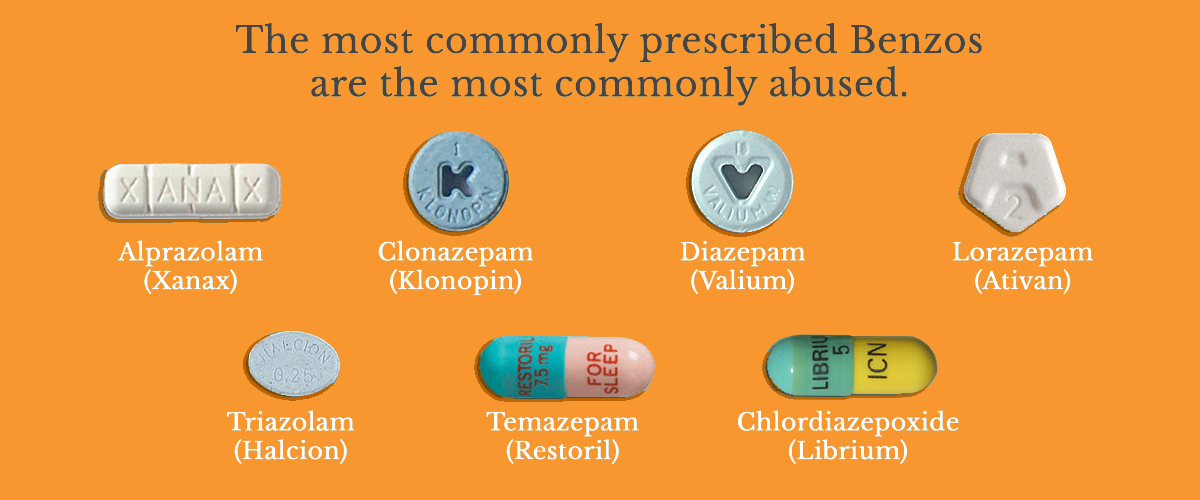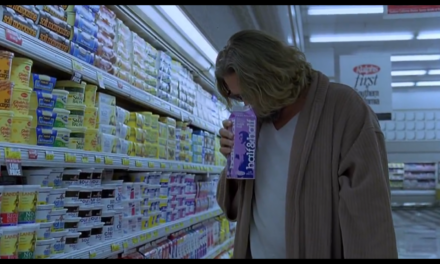Today’s topic stems from an article in The Washington Post, which has a paywall, so I’ll do my best to summarize the content for nonsubscribers. Here’s an archived link to the story.
Apparently a character on a very popular television show, The White Lotus, is a regular user of a lesser known benzodiazepine, lorazepam. This has led to some concern, since regular lorazepam use can lead to physical withdrawal symptoms, and some serious discomfort.
The drug is also known to produce adverse reactions in some users. According to Medline, those may include the following:
- The whites of your eyes turn yellow, or your skin turns yellow
- You see or hear things that are not there
- You think things that are not true (delusions)
- You keep falling over
Yep, that would get your attention, all right.
Though useful for medical treatment of anxiety, lorazepam is not intended for casual use of the sort portrayed on TV.
A young researcher, apparently a fan of the show, began to wonder about the possible impact on viewers, when given such a rosy picture of life under the influence of lorazepam. He and his associates decided to track the number of inquiries about lorazepam to popular search engines, after an episode where its use had been featured.
From the article: Following exposure on The White Lotus, “Searches for lorazepam skyrocketed for the next 12 weeks, nearly 99 percent higher than expected– representing 1.6 million additional searches. During that time, searches for similar drugs, alprazolam and clonazepam, remained at expected levels…”
It struck me as a near-perfect illustration of the impact that television can have on the public’s attitudes, simply by mentioning a drug in a positive context on a popular program.
The researchers acknowledge that asking a question online about the drug doesn’t mean the questioner rushed right out to get some lorazepam for their own use. But the response does suggest a surprising increase in interest in the drug, compared to what it had been prior to the episode.
That’s not good, given the risks associated with lorazepam use.
I doubt the Pharma firm that makes and markets lorazepam could’ve hoped for better advertising for its product. Ot that they could ever have developed a television commercial of their own that had such impact.
Then again, they didn’t need to, did they ? Because the show’s writers did it for them.













